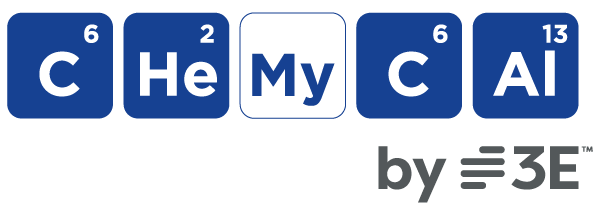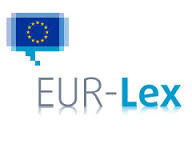Reasons for and objectives of the proposal - Most people living in the EU enjoy very good access to high quality drinking water, especially compared to some other regions in the world. This is the result of a long tradition of drinking water management in many European Member States, but is also in large measure thanks to European environmental legislation and EU funding. Since the 1980s, the EU has applied rules that require stringent water safety checks. This means that urban waste water is collected and treated, industrial emissions are safely managed, the use of chemicals is approved under strict conditions and a holistic approach is taken to managing water bodies across borders. While in some cases high initial investments or competing priorities meant these rules could not be put into practice within agreed timelines, water management has continued to improve, and the Commission and the Member States are now making a joint, concerted effort to fully implement the rules as soon as possible.
There is one piece of legislation, Council Directive 98/83/EC on the quality of water intended for human consumption, that needs to be singled out since it is designed specifically to protect people from the adverse effects of drinking contaminated water by ensuring that it is wholesome and clean. In general, the Directive has been relatively well implemented by Member States, but its approach to monitoring quality at the point of consumption uses parameters determined over 20 years ago. This calls for an examination of whether the Directive deals effectively with existing and emerging pressures and ensures that people living in and visiting European Union countries can continue to enjoy high-quality drinking water for decades to come.
Drinking water is clearly high in the minds of many Europeans. Drinking water was the focus of the first ever European citizens’ initiative ‘Right2Water’, which collected over 1.8 million signatures and to which the Commission responded positively. The initiative was submitted to the Commission in December 2013, and urged in particular that ‘EU institutions and Member States be obliged to ensure that all inhabitants enjoy the right to water and sanitation’ and that ‘the EU increase its efforts to achieve universal access to water and sanitation’. In its response, the Commission invited Member States to do everything they can to ensure everyone has access to a minimum water supply. This is fully in line with the Agenda 2030, in particular Sustainable Development Goal 6 and the associated target to ‘achieve universal and equitable access to safe and affordable drinking water for all’, which were adopted in 2015. The Commission also committed to reviewing the Directive, which was included as a result in the Commission’s Regulatory Fitness and Performance Programme (REFIT). The proposal therefore directly follows up on the European citizens' initiative 'Right2Water'.
The revision is also part of the plan to transition to a circular economy. The revised proposal will help Member States manage drinking water in a resource-efficient and sustainable manner, thereby helping to reduce energy use and unnecessary water loss. It will also help reduce the number of plastic bottles we use by improving people’s confidence in tap water.
The Commission started this process by first evaluating the Directive, in line with Better Regulation principles. The results of the evaluation were published on 1 December 2016 and helped identify the Directive’s strengths and weaknesses. They confirmed that the Directive is the relevant tool to ensure the high quality of the water consumed in the EU, because its basic purpose is to enforce drinking water monitoring and ensure that Member States restore required water quality levels in case of issues.
CONTINUE READING ON eur-lex.europa.eu



